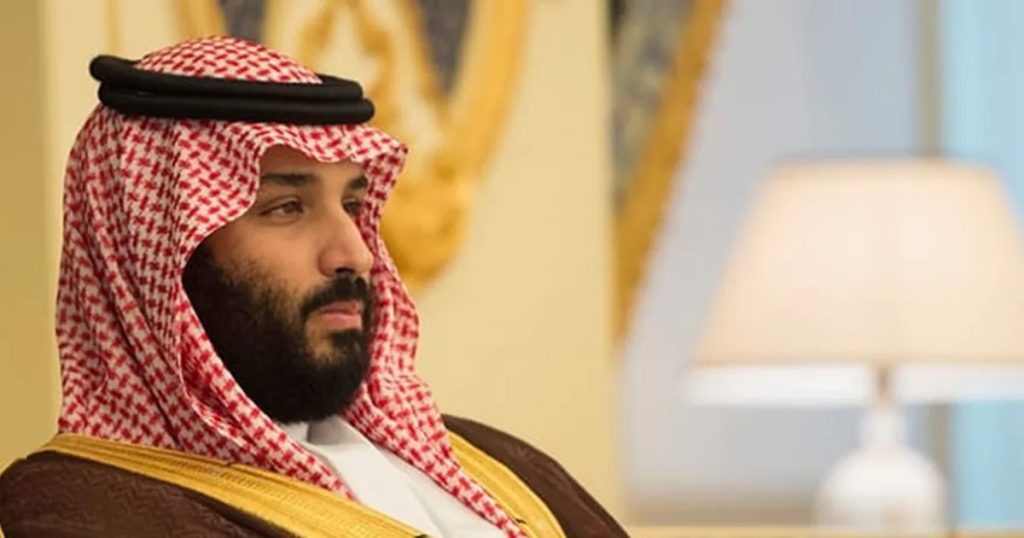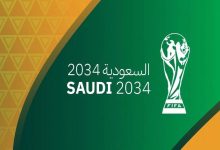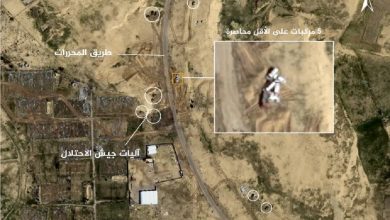Saudi Arabia Moves to Legalize Alcohol: Cultural Shift or Identity Crisis?
Controversial plans under Vision 2030 spark outrage and debate over the Kingdom’s religious and social future.
Watan-In a move considered by observers as crossing all red lines, a British media report has revealed that the Saudi authorities, led by Crown Prince Mohammed bin Salman, are moving toward publicly allowing alcohol consumption in the Kingdom, as part of its entertainment and tourism plans tied to Vision 2030.
The report, prepared by well-known British journalist Emily Maitlis, confirmed that the Kingdom is preparing to make alcohol available to tourists and diplomats as part of a “cultural liberalization” package ahead of hosting the 2029 Asian Games and the 2034 World Cup.
Coinciding with the approach of the holy month of Ramadan, Maitlis reported from inside Riyadh, describing the Saudi capital as witnessing “unrestricted openness” to everything except politics. She added: “Bin Salman wants to change everything: music, art, women’s rights, LGBTQ rights, sports… just don’t ask who rules you!”

Saudi Arabia’s rapid changes raise fears of identity loss and political whitewashing.
These statements add to a series of controversial steps taken by the Saudi regime in recent years, starting with the approval of loud concerts in Jeddah, followed by official welcoming of LGBTQ individuals, and the opening of an alcohol store in Riyadh last year.
Analysts view this rapid and escalating openness as part of a “reputation laundering” policy through entertainment and sports events, following international accusations against the Crown Prince in the wake of the murder of journalist Jamal Khashoggi and ongoing human rights violations against dissidents.
At the same time, the Arab and Islamic public wonders: Where is Vision 2030 taking Saudi society? Will alcohol eventually be allowed in Mecca and Medina? Is this truly openness, or a targeted effort to erase the society’s identity?
Amid this controversy, one thing remains clear: Mohammed bin Salman is using oil revenues to achieve political and personal gains—even at the expense of the Kingdom’s religious values and Islamic identity, which had long made it a sanctuary for conservatives.






